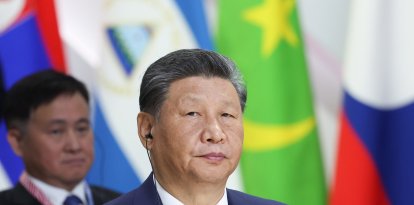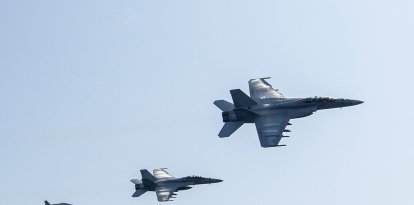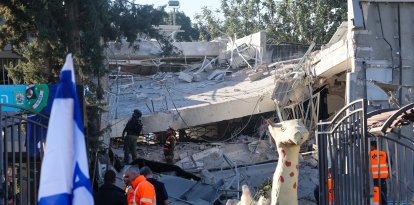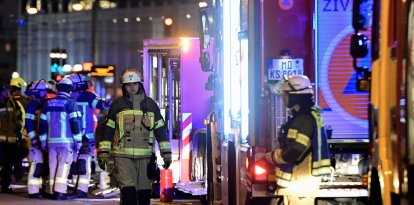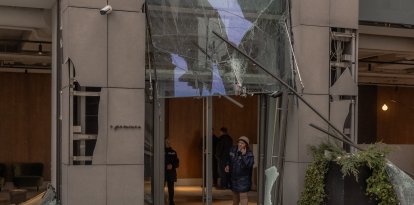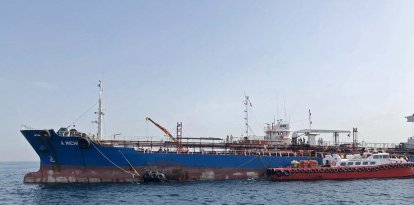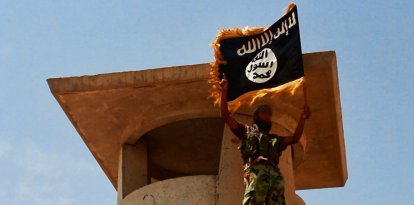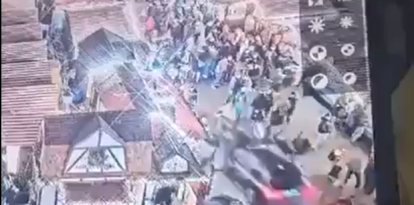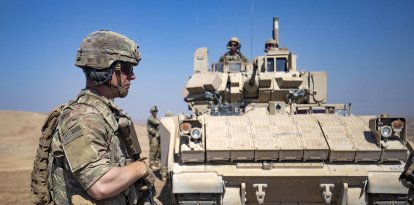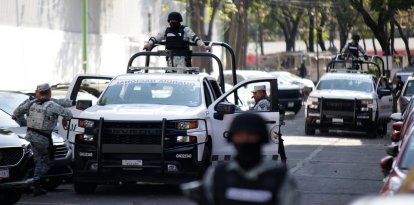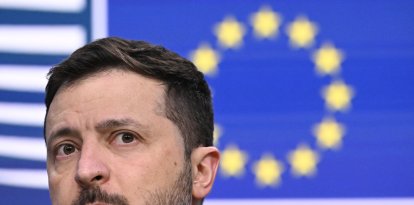Cuban regime suspends May 1st march due to fuel shortage
The supply chain crisis has forced universities to close and even baseball games to be suspended.
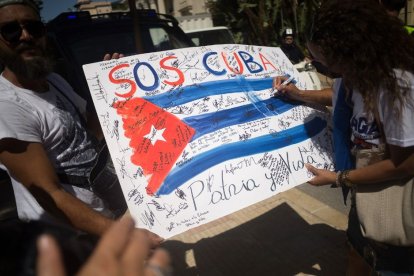
(Cordon-Press)
The Castro brothers promised Cubans in 1959 that the island would be a workers' paradise. Sixty-four years after the triumph of the communist revolution, none of the promises made by Fidel and Raúl have been fulfilled. Nobody talks about paradise anymore, nor remembers it. And the only Cubans who can really be considered workers are those who are in the United States, in Spain or anywhere else where there is an exile. Those who remain in Cuba pretend to work and the communist government pretends to pay them. They simply 'solve' and survive. This year those long-suffering Cubans will not have to go to the May 1st march because the government has suspended it due to lack of fuel.
For many it will be a relief not to have to go to the Plaza de la Revolución to listen to a communist peroration that in Fidel's time used to last hours and hours. This year the regime has replaced it with small local events to be held in workplaces or student centers where people can go on foot. "The conditions with the fuel insurance led us to reformulate the initial conception" of the celebration, Ulises Guilarte de Nacimiento, general secretary of the Cuban Workers' Central Union (CTC), said Thursday. "The idea is to replace that great mobilization, which we used to do by means of transportation, with the participation of the people in events that take place in communities and work and student centers", explained Guilarte.
Almost from the very beginning of the revolution Cubans had to get used to standing in line, the ration card, smuggling, shortages of basic products... But these days things have gotten so bad that they are very reminiscent of the hard days of the 'special period' the island went through after the fall of the Berlin Wall (1989)), when Russia stopped selling cheap oil to the Castros. Cubans, now accustomed to tightening their belts, have been reliving those times for a month. University classes have been suspended; public transportation, which has never worked well, is now lousy and exasperates Havana residents; and to top it all off, there are no more baseball games, one of the few pleasures that the long-suffering Cubans of the island could enjoy. Finally, the main event this year for May 1st in Cuba will be a rally on Havana's Malecon, which residents of five municipalities of the capital will be able to attend on foot.
The only sector of the Cuban economy that will not see the flow of fuel restricted is tourism, which has become the major source of foreign exchange for the Castro dictatorship. The president, Díaz-Canel, popularly known as the 'handpicked', publicly acknowledged that he was not clear "how to get out of this situation" and that they have "400 tons of fuel daily" when the country needs about 600. As it has always done, the Cuban communist dictatorship blames everything on others. In addition to the hackneyed issue of the embargo, which is a fallacy because Cuba could buy anything if it had the money to pay, Díaz-Canel explained that the problems come from the supplying countries. Venezuela, whose oil sector is experiencing its own dramatic crisis, and Russia, embroiled in the war in Ukraine, need oil for domestic consumption and need to sell it at a good price. It is no longer worth it to Caracas that Cuba pays for the oil it sends with doctors and teachers. The problems do not end here. " The lack of fuel will continue through the month of May," said Díaz-Canel himself.













